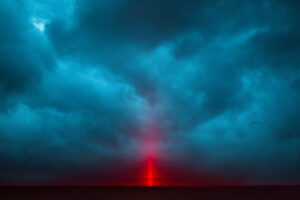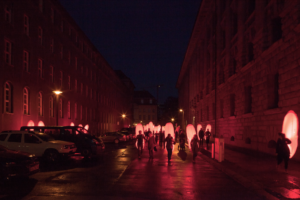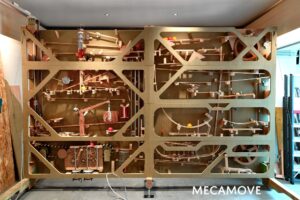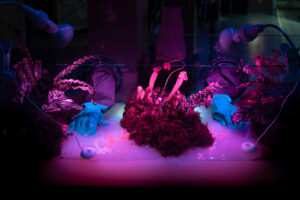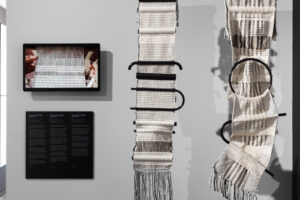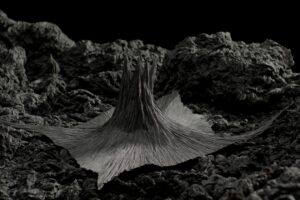Imagine, if one could simply play, and, through play, we could gain an understanding of the complex workings of systems that exist in the world; from ecosystems to cosmic systems? What if we didn’t have to leave play behind as we grew older, but instead, we just got better at playing together, coming to understand play as a collaborative tool for exploring scientific, social, philosophical, and technical systems. In these workshops, led by members of CLEA ArtScience, you can experience the collective dynamics of systems through play.
The Center Leo Apostel (CLEA) is a unique transdisciplinary research hub at the Vrije Universiteit Brussel, (VUB) where scientists, artists, and philosophers work closely together on some of the most intriguing questions. These include: How do natural systems organise themselves without a central leader? How do brain systems work? How do ecosystems function? And how might we combine artistic knowledge and scientific knowledge in interesting ways? These are just a few of the aspects we’ll explore in this participatory workshop.
In the course of our investigations, we discovered something striking: that the structure of play and the structure of systems are homologous. This means that play and systems share the same fundamental structure, and the same principles of simple rules leading to the complex, self-organising, emergent patterns that we observe in nature.
Through play—yes, the seemingly frivolous activity of children and young animals —we can learn to appreciate how systems work and deepen our appreciation of the complexity and interdependence of ecological and cultural systems. The understanding that arises happens not only in our minds but also through our bodies, emotions, and the tactile nature of our shared interactions as we directly participate in these systems together.
In these sessions, we shall play. Play, play, play. Children’s games, playground games, systems games, language games, wild games, games for the sake of games, Running away, running after, pulling, pushing, turning in circles, relational, embodied, falling-over fun!
The workshop is offered in two parts, and participants are welcome to join one or both sessions. Open to adults and young people (13+), it invites everyone to rediscover the power of play as a way of thinking, feeling, and being in the world.
Workshop 1: 16h00 (50mins)
Systems At Play: 101 – Introduction to Play and Systems Thinking
To register click here: https://www.billetweb.fr/curieucity-marolles
In the first workshop we’ll introduce the basic terminology we at CLEA use to describe and understand how systems in nature work. Concepts such as “agent”, “relationship”, “system”, “feedback loops”, and “emergence” will be explored through playful activities.

CLEA ArtScience department

